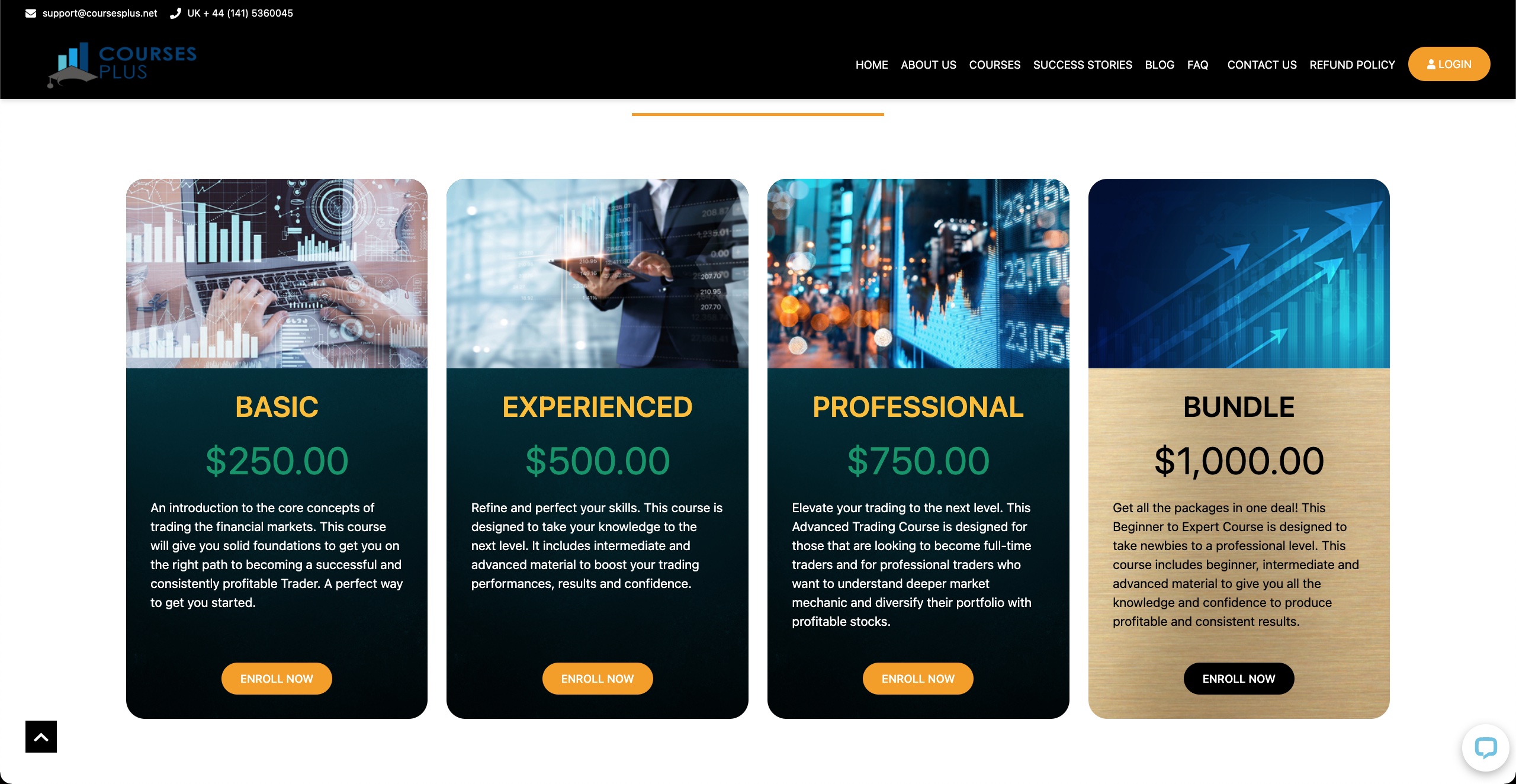I used this metaphor back when I ran courses. So here’s a freebie.
Remember when you learned to drive?
As a child you were Unconsciously Incompetent. You didn’t know how to drive and didn’t realise it.
Consciously Incompetent – your first time behind the wheel. You didn’t know how to drive and hooboy do you know it!
Consciously Competent – Somewhere between L’s and P’s. You can drive, but nobody is allowed to talk to you while you do it. You can drive but it takes all your attention to keep doing it.
Unconsciously competent. Drive, talk, eat, abuse other drivers and check the street directory AND street signs. Did you really pay attention to every gear change and turn on your last drive. Yes it is mastery, but it happens without your attention.
To bring this back to your WealthEsteem…
Learning a skill takes attention and experience. Eventually experience takes over and requires little attention.
Investing takes courage to begin or return to after a setback. Experience teaches you to say “What else can I do?”
Hope you apply it.






3 responses to “A Metaphor for Mastery”
Michele,
was it Robert Allen who spammed you? Not good eMarketing. I normally like Brian Tracy’s material on tape. I’m haven’t seen his book. What is his take on this?
There is something in going with the logic/left brain approach. However that risks missing out on the more esoteric stuff like affirmations. I am a believer in them and NLP. Physiology is a powerful force.
Sim asked about generalising vs specialising. I think specialisation is the only way to go. But… Specialise in people skills, then you can get all the specialists you need.
Technical specialists rarely build significant wealth. They get financially comfortable but are too busy with the sense of accomplishment that technical specialisation brings. I think wealth creation takes courage and dedication.
Now what skills will get me there?
I’ve chosen to specialise in skills like self understanding; balancing greed and fear; people skills; creative problem solving and negotiating. Areas for improvement are delegation; listening; time management; anger management and general self-organisation. These sound like generalist skills to me.
Ideally I will become unconsciously competent at the ones that matter and work wil conscious competence at the ones that need it.
I think trying to become someone you are not is the road to frustration and pain. Identify your strengths, find a way to compensate for your weaknesses. Have more fun.
So do you think it is better to specialise or generalise ?
That is, do you think it is better to spend your time perfecting some skills, or to spend your time gaining a broad cross-section of skills ?
If you think specialise, then which skills should you choose to specialise in ?
If you think generalise then how to you keep from spreading yourself too thinly ?
Sim’
Pz and Sim – I’m quite enjoying Brian Tracy’s “Maximum Achievement” which I picked up the other day on impulse. I was interested in his ideas because he’s affiliated with Robert Allen, but I hated getting up to 10 spam msgs from him a day so I scrubbed him. Book is good though – it brings together a lot of the better ideas of many favourite authors. You guys will like the logic and left brain approach 🙂
Michele